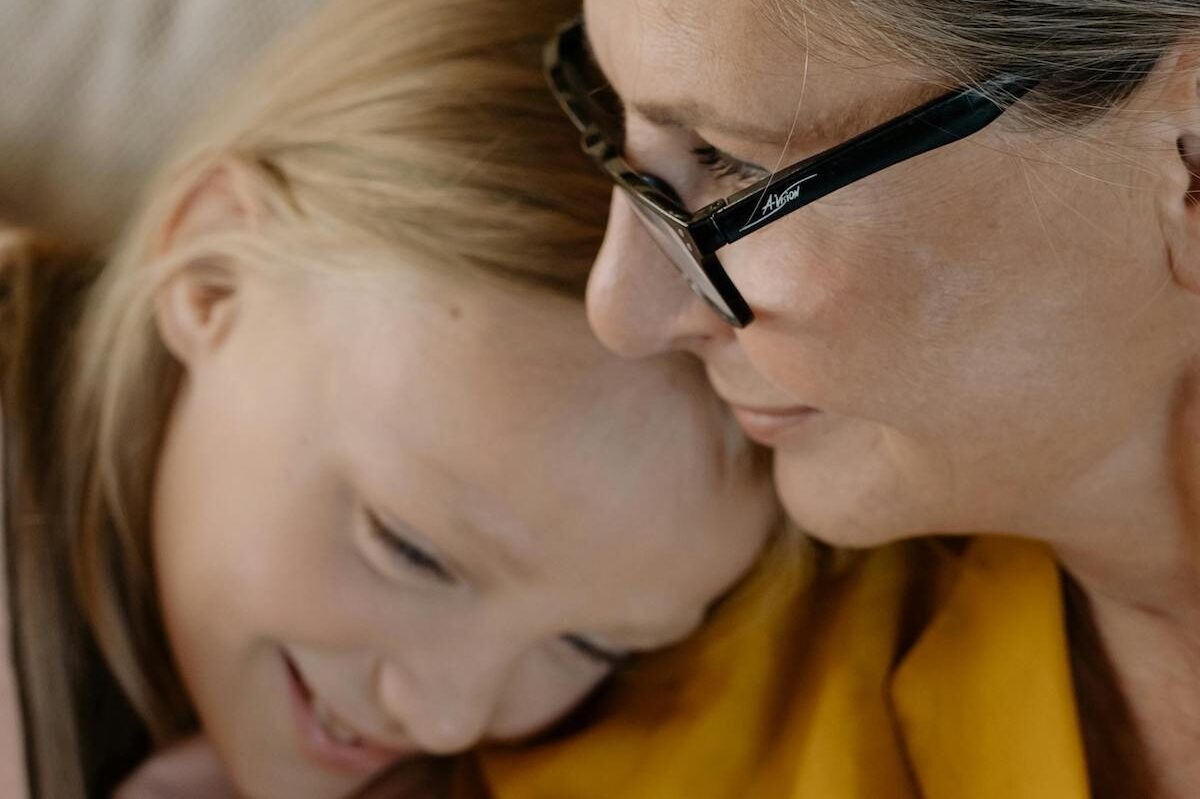Why does it seem like every mom I know suffers from some form of thyroid disorder (many undiagnosed and just “tired and have mom brain” all the time!)?
—Rachel
In my world, it can indeed seem like everyone has a thyroid issue, so I can see how it would seem that way to you as well! As an endocrinologist, I, of course, see a select sample of the population. Many patients are coming to me for my expertise in thyroid disease. However, I think you are really asking two different questions. First, how common is thyroid disease? And second, is thyroid disease a more pervasive problem than we know because it is being underdiagnosed?
Let’s address these questions in order. The most common type of thyroid problem is hypothyroidism, or an underactive thyroid. Symptoms of hypothyroidism include fatigue, unexplained weight gain, constipation, brain fog, and heavier, more closely spaced periods. Hypothyroidism is common. The National Institutes of Health estimates that about 5% of Americans over age 12 have hypothyroidism. Women are 5 to 8 times as likely as men to have hypothyroidism.
Additionally, women are often tested for hypothyroidism, especially while trying to conceive, while pregnant, and in the immediate postpartum period, because these are common times for hypothyroidism to develop. Our guidelines for when to treat hypothyroidism are more strict and specific in pregnant women. All this means that young moms are among the most likely to be diagnosed with hypothyroidism.
The second question is harder. A meta-analysis of thyroid disease in Europe reports that an additional 5% of people may have undiagnosed hypothyroidism. And it is true that young mothers often report symptoms of fatigue and brain fog. Further complicating matters, symptoms like fatigue and brain fog can be due to hypothyroidism but can also be caused by inadequate sleep, or deficiencies in iron or vitamin B12, all of which are common in moms of young children.
Add to that, the guidelines physicians use to determine when to treat someone recommend not treating most women with “subclinical” hypothyroidism (the name we give when some tests suggest hypothyroidism and others do not). Understanding guidelines and then applying them to a specific patient is complex (a conversation for another day), and there are many pressures on physicians to follow them to the letter. This may mean that fewer patients are treated for their hypothyroidism than would benefit from treatment.
What is the takeaway here? Yes, hypothyroidism is quite common, and women in their childbearing years are especially likely to be diagnosed with new hypothyroidism. There are certainly some women with hypothyroidism who are not diagnosed and some women with “subclinical” hypothyroidism who are not treated who may benefit from treatment. There are also other problems common in moms, like iron deficiency, B12 deficiency, and sleep deprivation that cause similar symptoms.
Community Guidelines















Log in
I was just diagnosed with Hashimoto’s at 37 years old, about 1.5 years after my second son was born. I wish thyroid issues were more commonly talked about and that screening was more routine! I think I got lucky in receiving this diagnosis. The medication has been incredible – I feel so much better, physically and psychologically. It’s been like taking an antidepressant and antianxiety med. Who knew the thyroid could have such a strong effect on overall mental health and wellbeing!